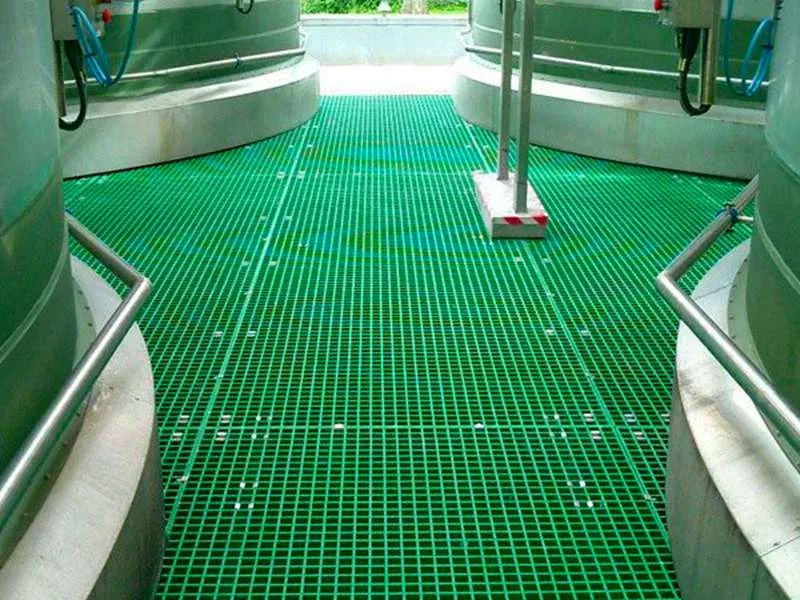
-
 Afrikaans
Afrikaans -
 Albanian
Albanian -
 Amharic
Amharic -
 Arabic
Arabic -
 Armenian
Armenian -
 Azerbaijani
Azerbaijani -
 Basque
Basque -
 Belarusian
Belarusian -
 Bengali
Bengali -
 Bosnian
Bosnian -
 Bulgarian
Bulgarian -
 Catalan
Catalan -
 Cebuano
Cebuano -
 China
China -
 China (Taiwan)
China (Taiwan) -
 Corsican
Corsican -
 Croatian
Croatian -
 Czech
Czech -
 Danish
Danish -
 Dutch
Dutch -
 English
English -
 Esperanto
Esperanto -
 Estonian
Estonian -
 Finnish
Finnish -
 French
French -
 Frisian
Frisian -
 Galician
Galician -
 Georgian
Georgian -
 German
German -
 Greek
Greek -
 Gujarati
Gujarati -
 Haitian Creole
Haitian Creole -
 hausa
hausa -
 hawaiian
hawaiian -
 Hebrew
Hebrew -
 Hindi
Hindi -
 Miao
Miao -
 Hungarian
Hungarian -
 Icelandic
Icelandic -
 igbo
igbo -
 Indonesian
Indonesian -
 irish
irish -
 Italian
Italian -
 Japanese
Japanese -
 Javanese
Javanese -
 Kannada
Kannada -
 kazakh
kazakh -
 Khmer
Khmer -
 Rwandese
Rwandese -
 Korean
Korean -
 Kurdish
Kurdish -
 Kyrgyz
Kyrgyz -
 Lao
Lao -
 Latin
Latin -
 Latvian
Latvian -
 Lithuanian
Lithuanian -
 Luxembourgish
Luxembourgish -
 Macedonian
Macedonian -
 Malgashi
Malgashi -
 Malay
Malay -
 Malayalam
Malayalam -
 Maltese
Maltese -
 Maori
Maori -
 Marathi
Marathi -
 Mongolian
Mongolian -
 Myanmar
Myanmar -
 Nepali
Nepali -
 Norwegian
Norwegian -
 Norwegian
Norwegian -
 Occitan
Occitan -
 Pashto
Pashto -
 Persian
Persian -
 Polish
Polish -
 Portuguese
Portuguese -
 Punjabi
Punjabi -
 Romanian
Romanian -
 Russian
Russian -
 Samoan
Samoan -
 Scottish Gaelic
Scottish Gaelic -
 Serbian
Serbian -
 Sesotho
Sesotho -
 Shona
Shona -
 Sindhi
Sindhi -
 Sinhala
Sinhala -
 Slovak
Slovak -
 Slovenian
Slovenian -
 Somali
Somali -
 Spanish
Spanish -
 Sundanese
Sundanese -
 Swahili
Swahili -
 Swedish
Swedish -
 Tagalog
Tagalog -
 Tajik
Tajik -
 Tamil
Tamil -
 Tatar
Tatar -
 Telugu
Telugu -
 Thai
Thai -
 Turkish
Turkish -
 Turkmen
Turkmen -
 Ukrainian
Ukrainian -
 Urdu
Urdu -
 Uighur
Uighur -
 Uzbek
Uzbek -
 Vietnamese
Vietnamese -
 Welsh
Welsh -
 Bantu
Bantu -
 Yiddish
Yiddish -
 Yoruba
Yoruba -
 Zulu
Zulu
fiberglass products for steel smelting plant
The Role of Fiberglass Products in Steel Smelting Plants
The steel industry, recognized as a vital sector of the global economy, involves the complex process of converting raw materials into steel through various means, including smelting. Steel smelting plants are heavy-duty industrial facilities that require efficient materials that can withstand extreme conditions, including high temperatures, chemical exposure, and physical stress. In this context, fiberglass products have emerged as essential components, boasting a range of benefits that enhance operational efficiency and safety.
Understanding Fiberglass
Fiberglass is a composite material made from fine fibers of glass, combined with various resins to create a lightweight yet strong and durable product. Its unique properties, including corrosion resistance, thermal stability, and low thermal conductivity, make it an ideal material for various applications, particularly in harsh industrial environments.
Applications of Fiberglass in Steel Smelting Plants
1. Structural Components Fiberglass is increasingly used for structural elements in steel smelting facilities, including support beams, decking, and safety railings. The lightweight nature of fiberglass reduces the load on structural frameworks, facilitating easier installation and maintenance. Additionally, its resistance to rust and corrosion prolongs the lifespan of these components, leading to lower replacement costs.
2. Insulation Materials Insulation is critical in steel smelting processes to maintain temperature and improve energy efficiency. Fiberglass insulation materials offer excellent thermal resistance and minimize heat loss, contributing to energy savings. By keeping the furnace temperatures stable, fiberglass insulation helps optimize the smelting process, ensuring high-quality steel production and reduced energy consumption.
3. Chemical Resistance Steel smelting involves various chemicals that can corrode traditional materials. Fiberglass products are inherently resistant to many acids and alkalis, making them suitable for use in environments where chemical exposure is a concern. From storage tanks to piping and conduits, fiberglass components help mitigate the risk of leakage and structural failure, enhancing plant safety.
fiberglass products for steel smelting plant

4. Safety Equipment Employee safety is paramount in steel smelting plants. Fiberglass products are commonly used for safety equipment, including ladders, platforms, and personal protective equipment. These products not only provide robust support but also reduce the risk of slips and falls, given their non-conductive properties. The incorporation of fiberglass in safety gear contributes to a safer working environment, which is vital in high-risk industries like steel making.
5. Environmental Solutions As the steel industry faces increasing pressure to reduce its environmental impact, fiberglass can play a role in sustainable practices. For instance, fiberglass-reinforced polymer (FRP) materials are being utilized in scrubbers and filtration systems designed to capture emissions and pollutants. This helps steel smelting plants meet regulatory standards while minimizing their ecological footprint.
Advantages of Using Fiberglass Products
The benefits of incorporating fiberglass products into steel smelting plants are numerous. Firstly, their lightweight nature allows for easy handling and installation, reducing labor costs and time. Secondly, their durability ensures longevity, leading to lower maintenance needs and replacement expenses. Fiberglass does not corrode, meaning that facilities can save on materials typically replaced due to wear and tear.
Moreover, fiberglass materials can be customized to meet specific application needs, whether it's added strength for load-bearing applications or specific chemical resistances for particular processes. This adaptability makes fiberglass an attractive option for the evolving needs of modern steel plants.
Conclusion
In summary, fiberglass products contribute significantly to the functionality, safety, and efficiency of steel smelting plants. As the industry continues to evolve, embracing sustainable practices and advanced materials, fiberglass stands out as a versatile and essential resource. Its properties not only support the rigorous demands of steel production but also enhance workplace safety and environmental compliance, marking it as a critical component in the future of steel manufacturing. By investing in fiberglass technologies, steel smelting facilities can ensure they remain competitive while addressing modern industrial challenges.









